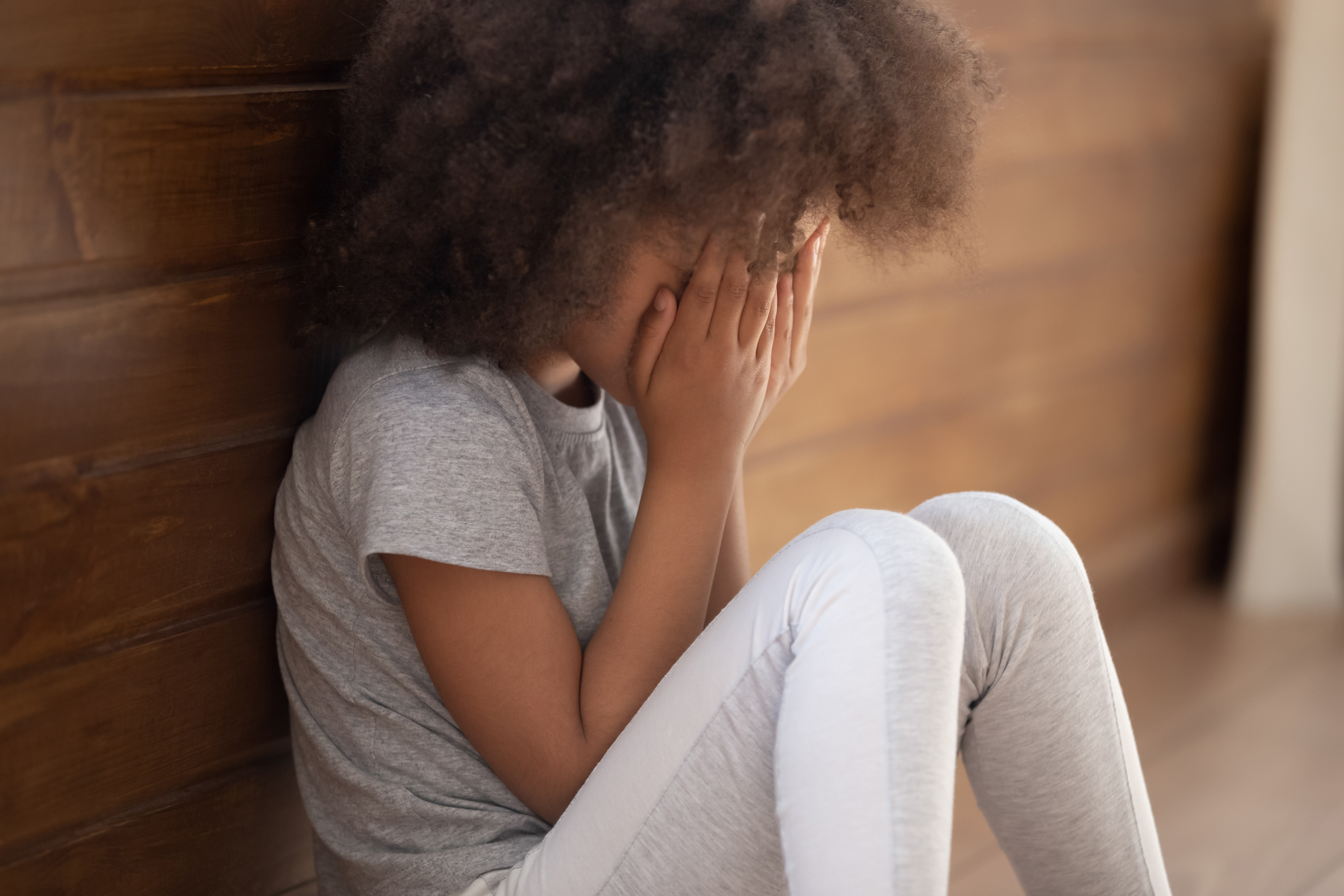Anxious times
Published
Anxiety is increasing fast amongst children, according to new NHS figures. Anxiety isn't always loud or obvious, and it can show up in ways we might not expect. Dr Danielle Grey, clinical director of Purple House Clinic in Birmingham, offers advice to help parents and children tackle anxiety together.

‘It's common for children to have fears, like being afraid of the dark or separation anxiety. Typically, these fears reduce as children get older and don't impact their social interactions, schooling, sleep or family activities. But if a child's fear seems unusual for their age or begins to disrupt their life, parents should take note.
‘Anxiety feels – and can be different for everyone, and it can affect our body, thoughts, and behaviour. Younger children might struggle to understand and express their feelings and describe anxiety as feeling unwell, with complaints such as tummy aches, headaches, or feeling sick. Children may also try to avoid school, stop seeing friends or no longer take part in activities they previously enjoyed.’
What can parents do to help?
‘While mental health difficulties aren’t always preventable, parents can do a lot to support their child in coping with anxiety. We sometimes see a problem and feel the need to fix it, but it's important to understand that listening and providing a supportive environment can be just as crucial. Anxiety can be an uncomfortable feeling, but it’s ok to feel anxious from time to time. Help your child to recognise the signs of anxiety, what they feel in their bodies and what negative thoughts they experience. This can help children to notice anxiety and know when they need to ask for help.
‘Think about how you can start conversations about feelings. Make it part of the daily routine, check in at dinner time or on the car journey home from school. Create a space where children feel safe enough to share their experiences; it might be when watching a film or when you’re side by side on a walk.
‘Discuss your child’s concerns openly rather than saying “There’s nothing to worry about.” Being worried sometimes is normal, so keep talking and offer reassurance. Anxiety can feel like an internal bully: it makes us feel that something bad is going to happen, that we’re not good enough or that others will think negatively about us. But by discussing and overcoming these thoughts and feelings, we can help our children build resilience and learn to cope with these situations if they happen in the future.’
Some common symptoms to look out for include:
• Irritability, tearfulness, or clinginess
• Bad dreams
• Bedwetting
• Avoiding hobbies
• Lack of confidence
• Angry outbursts
• Problems with sleeping or eating
• Avoiding social situations
When to seek support
If you are concerned about your child’s mental wellbeing, consider professional guidance. That could be through your child’s school, your GP or a private clinic such as Purple House Clinic.







